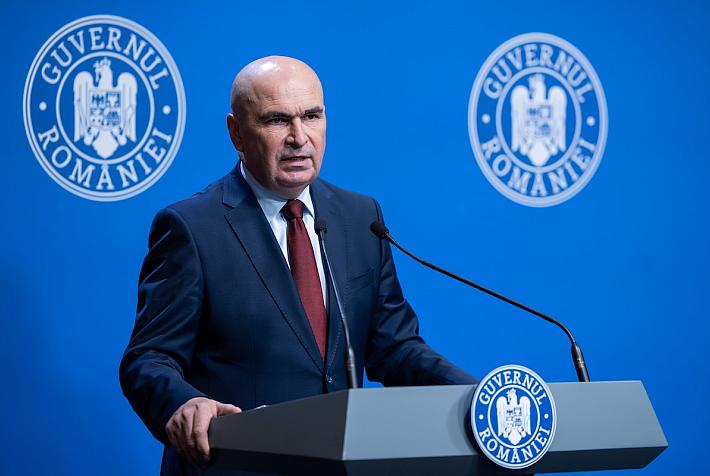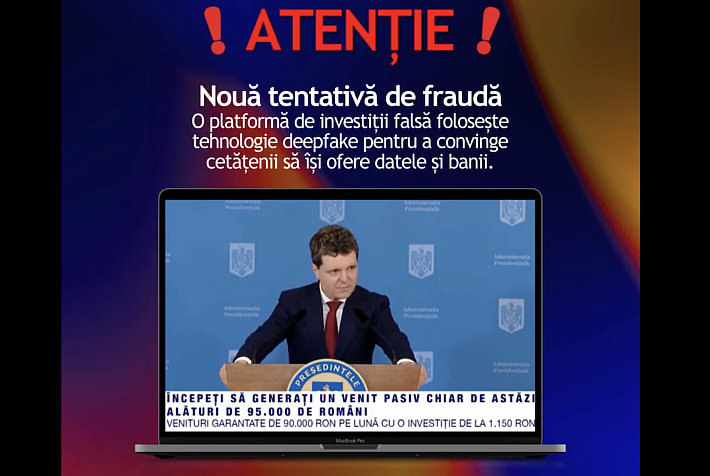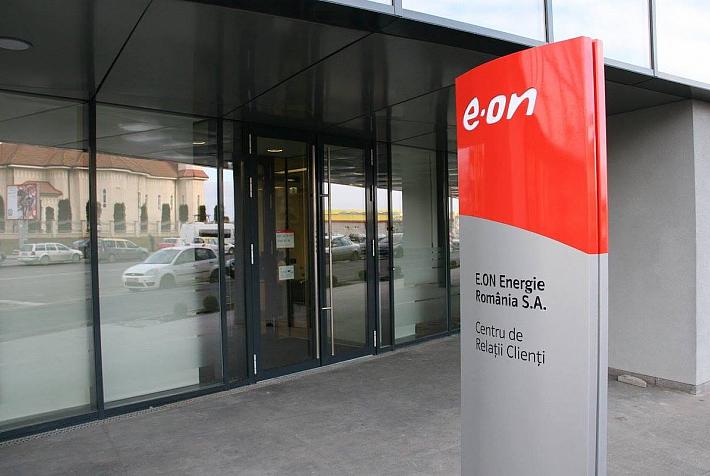What are the main drawbacks to Romania’s growth story?

Most foreign companies active in Romania expect their businesses to grow but also complain about bureaucracy, poor infrastructure, and lack of predictability.
Some 60% of the Foreign Investors Council – FIC members expect their revenues to grow in 2016, and only 15% are anticipating a contraction, according to the council’s most recent sentiment survey. Despite the positive expectations, FIC members report that they face a number of well-known problems.
Thus, some 90% of the respondents to the survey say that bureaucracy is excessive compared to other countries in the region, 85% rate infrastructure as uncompetitive, and 75% have had problems due to the lack of legislative predictability.
“Expectations of revenue growth have been constant in the past two years since FIC began publishing the index but unfortunately so have been the complaints regarding infrastructure, bureaucracy and legislation,” FIC said in a press release.
However, Romania still has some competitive advantages, such as the qualified labor force, which is mentioned by 75% of the respondents. Nearly half of respondents (43%) plan to do more hiring in 2016 and a third (34%) will make significant capital investments this year, as they expect an expansion in their activity. More than half of those surveyed (55%) also expect significant increases in their exports.
Some 70% of FIC members describe the taxation system in Romania as uncompetitive compared with other countries, despite the recent tax cuts. “The result may seem surprising but it is due largely to excessive bureaucracy in the interaction with fiscal authorities. This conclusion is supported by the fact that 70% of all respondents consider that regulation in Romania is burdensome,” FIC reports.
The business environment has felt the positive evolution in Romania's economy in the recent years, but FIC believes this growth rate will not be sustainable in the medium and long term in the absence of infrastructure investments and reduced administrative burden. “As the Romanian economy grows in complexity, significant long term investments are needed and they will not materialize in an unpredictable regulatory environment,” FIC points out.
FIC urges the Romanian authorities to make rapid progress in increasing regulatory predictability, which does not require additional budgetary costs like infrastructure does.
The Foreign Investors Council publishes the results of a business sentiment index survey conducted among its members twice a year. FIC member companies represent a significant share of foreign direct investment in Romania, summing up about two-thirds of the total, with a significant contribution to Romania's GDP.
The full survey results can be found here.
Foreign Investors Council’s President: Romania has a perception problem abroad
Andrei Chirileasa, andrei@romania-insider.com











